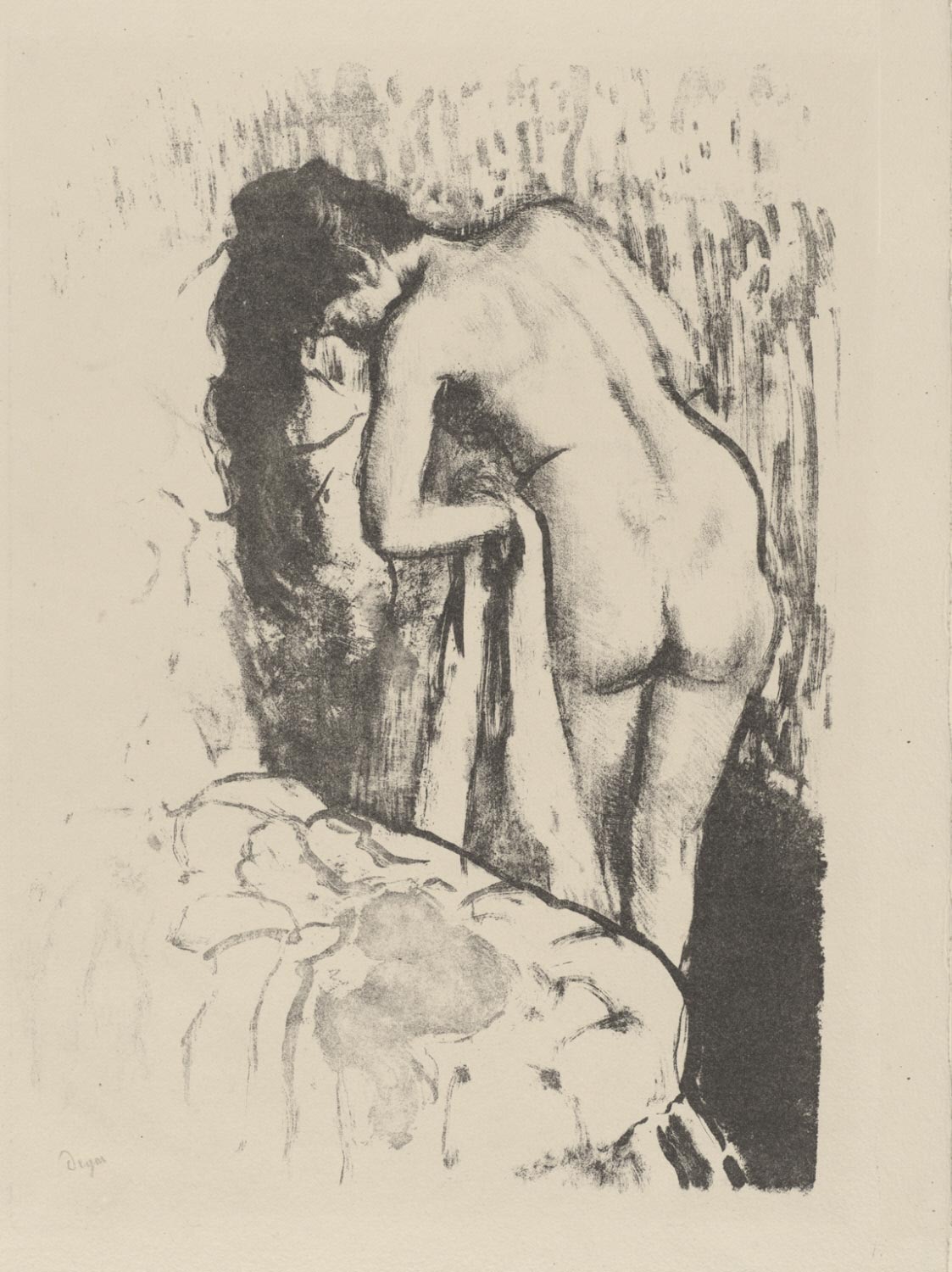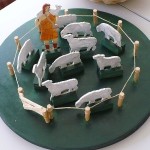(An old, but evergreen post from my old blog; reposting prompted in part by this excellent post by Calah Alexander on how modern beauty standards warp our perspective)
L’Imparfaite is an erotic print magazine published by students at Sciences Po, the elite Parisian university. Since many friends are recent alumni, I’ve been able to lay my hands on a few copies and, by and large, it’s much what you would expect, a mostly-embarrassing display of hipster undergraduate pseudo-intellectualism. L’Imparfaite means “The Imperfect One” in the feminine.
But recently they launched a new tumblr, Les Corps imparfaits (“The Imperfect Bodies”, link NSFW obvi), built on submissions by readers of photos of their, well, imperfect bodies.
And they’ve hit the mark.
In this pornified, siliconed, photoshopped world of ever-present yet thoroughly sterilized sexuality (a product of Protestant-Puritan fear of the body, by the way), there is something profoundly erotic about an imperfect body, because an imperfect body belongs to someone you might actually have sex with. Because an imperfect body belongs to an incarnate, real person with whom communion is at least conceivable. And because there is a soupçon of transgression associated with the display of imperfect bodies in a society that holds up impossible ideals of “beauty”.
I couldn’t help but be struck by this.
For we are called (as Augustine well knew) to be imperfect bodies, at least until the world to come, and the theology of the body is, on this Earth, to be a theology of the imperfect body, and this has consequences for its erotic dimension. As true lovers well know, one comes to cherish one’s lover’s bodily imperfections, to go from loving their bodies in spite of them, to loving these imperfections, and from there to loving them because of these imperfections, so that if we were able to trade them for supposed perfections we would not.
It is through loving these imperfections of your body that I grow to love you as you, not some idealized fantasy, but you personally. These imperfections are called, in other words, to be transfigured by love. Through these imperfections I am called to love you personally, for you, to become this selfless divine love of which carnal union is meant to be an icon.
Of course, this theology of the transfiguration by love of our bodily imperfections has implications way beyond the erotic realm—witness the testimony of those faithful who live with physical handicaps.
But it seems to me that in Catholic-land, we need to rediscover this erotic dimension of the imperfect body. If I am called to marriage, I am not called just to an abstract union, but to one-flesh union with a specific person, and to love that person completely, with all of her or his imperfections. This fact has a profound erotic charge.
This dimension could stand as a powerful witness against both the traditional squeamishness towards the body and eroticism of the recent centuries (itself a historical oddity) and our bizarre postmodern view of the sanitized, detached, plastic body.
Edgar Degas, “Nude Woman Standing, Drying Herself”













